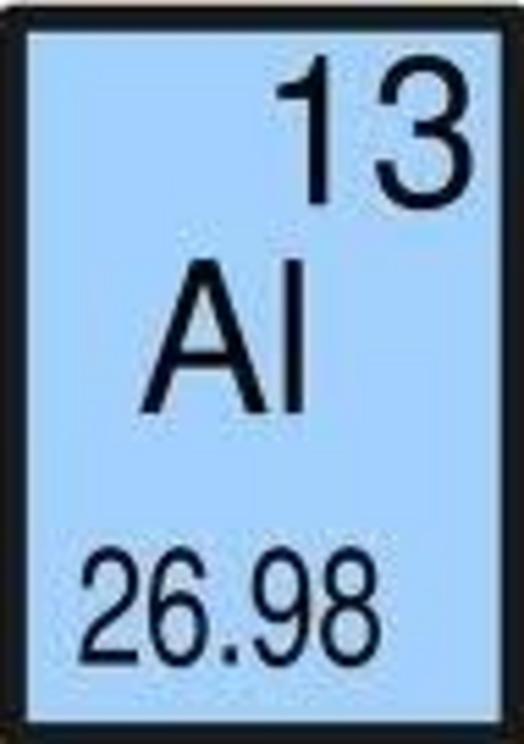New study on alumunium adjuvants by Shardlow, Mold, Exley
The Journal of Inorganic Biochemistry
12 November, 2019
The interaction of aluminium-based adjuvants with THP-1 macrophages in vitro: Implications for cellular survival and systemic translocation.
Emma Shardlow, Matthew Mold, Christopher Exley
Highlights
•Untreated THP-1 macrophages can survive for up to 9 days in vitro.
•After 9 days most cells have de-differentiated to a monocytic phenotype.
•Cells rapidly engulf aluminium particulates as early as 3 h post exposure.
•Most cells are not adversely impacted by intracellular aluminium adjuvant particles.
Abstract
Within clinical vaccinations, recombinant antigens are routinely entrapped inside or adsorbed onto the surface of aluminium salts in order to increase their immunological potency in vivo. The efficacy of these immunisations is highly dependent upon the recognition and uptake of these complexes by professional phagocytes and their subsequent delivery to the draining lymph nodes for further immunological processing. While monocytes have been shown to internalise aluminium adjuvants and their adsorbates, the role of macrophages in this respect has not been fully established. Furthermore, this study explored the interaction of THP-1 macrophages with aluminium-based adjuvants (ABAs) and how this relationship influenced the survival of such cells in vitro. THP-1 macrophages were exposed to low concentrations of ABAs (1.7 μg/mL Al) for a maximum of seven days. ABA uptake was determined using lumogallion staining and cell viability by both DAPI (4′,6-diamidino-2-phenylindole) staining and LDH (lactate dehydrogenase) assay. Evidence of ABA particle loading was identified within cells at early junctures following treatment and appeared to be quite prolific (>90% cells positive for Al signal after 24 h). Total sample viability (% LDH release) in treated samples was predominantly similar to untreated cells and low levels of cellular death were consistently observed in populations positive for Al uptake. It can thus be concluded that aluminium salts can persist for some time within the intracellular environment of these cells without adversely affecting their viability. These results imply that macrophages may play a role in the systemic translocation of ABAs once administered in the form of an inoculation. Read more at Science Direct here.
For the rest of this article please go to source link below.

